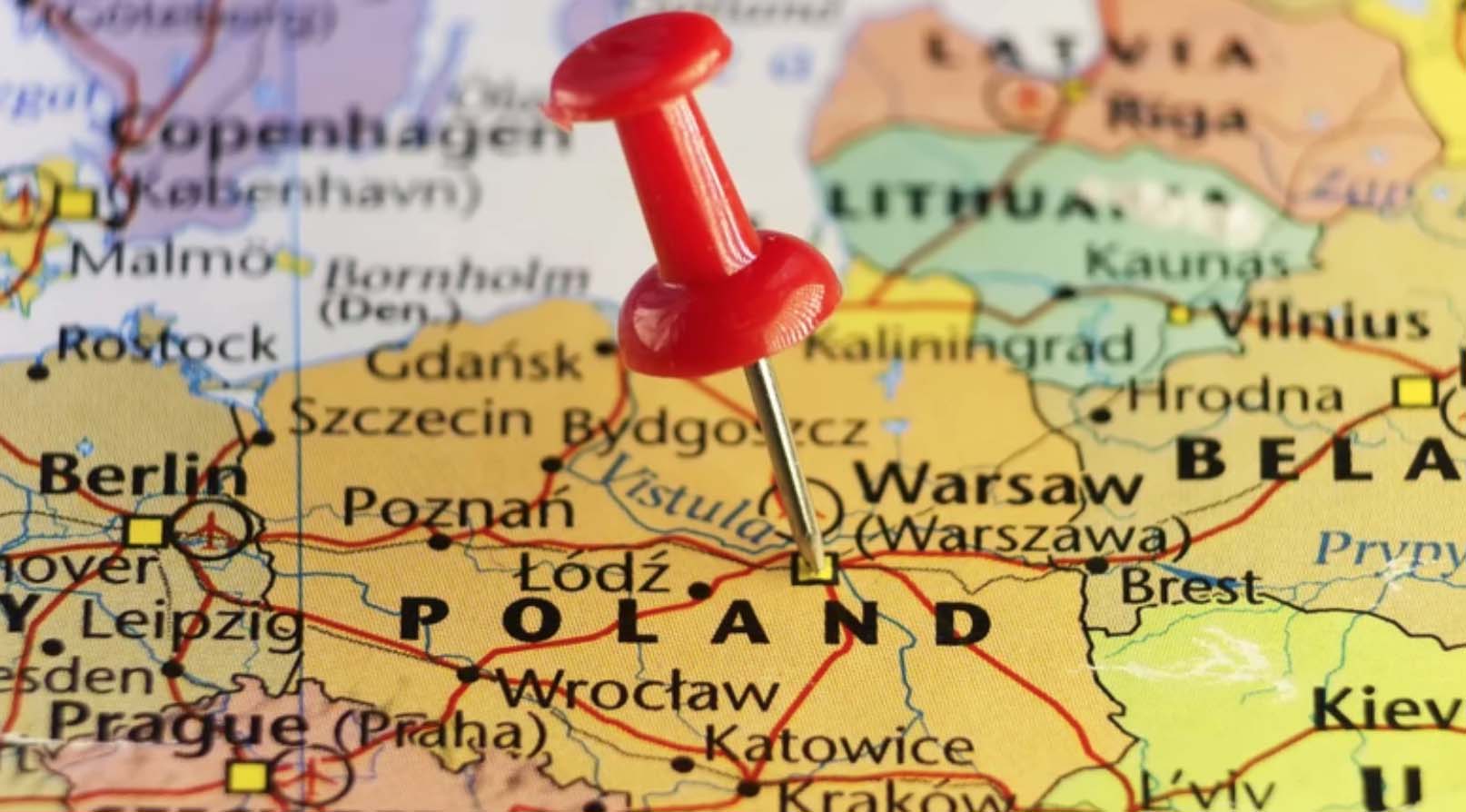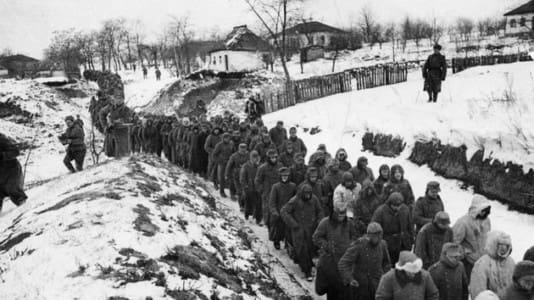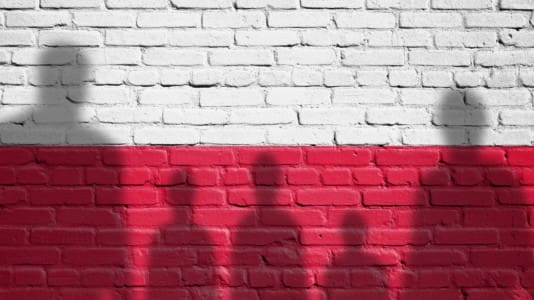Poland has its best chance in a century to assume an influential leadership role in Europe, say experts from the American think tank Atlantic Council, Daniel Fried, and Aaron Korewa. They analyzed the recent speech by Poland’s Foreign Minister Zbigniew Rau, who warned that disputes with Germany and the EU could jeopardize its opportunity to help lead Europe.
Fried, a former U.S. ambassador to Poland, and Korewa, the head of the Warsaw office of the Atlantic Council, noted that Poland’s successful development and integration with Europe and NATO have paved the way to “assume an influential, even leadership role.”
According to the experts, Rau presented a compelling strategic vision for Poland, including a commitment to defending the international order, an enduring alliance with the U.S., resisting Russian aggression, supporting Ukraine’s integration with the EU, and affirming Poland’s European future.
Zbigniew Rau views the current war in Ukraine as crucial to Poland’s strategy, but unlike many Poles, he acknowledged Russia’s democratic potential, saying that Russia can be “the Russia of Andrei Sakharov and Anna Politkovskaya.” Such an approach “skillfully sets up Poland to be a leader as Europe builds its longer-term future with Russia.”
The policy outlined by Rau is unlikely to change significantly after the upcoming elections, regardless of the outcome. However, Poland’s potential to shape Europe’s agenda is hindered by its disputes with the EU and Germany, especially if these issues become entrenched.
The authors suggest that Poland was right to criticize Berlin’s approach to Russia and now has a chance to take advantage of Chancellor Olaf Scholz’s announced shift in Germany’s policy (Zeitenwende). Germany appears to be exhibiting rare “strategic flexibility” as it shifts toward Poland’s long-advocated direction, following the collapse of its prior assumptions about Russia.
“Poland should take advantage of the potential to work with (and perhaps push) Germany to build a common Russia policy for Europe. The Germans may be ready and, for their part, should be eager to work with the Poles to this end,” Fried and Korewa concluded.






